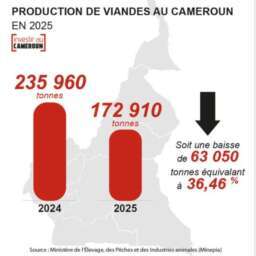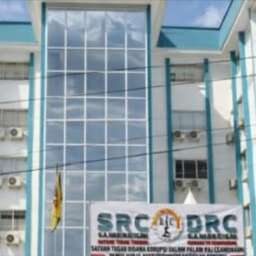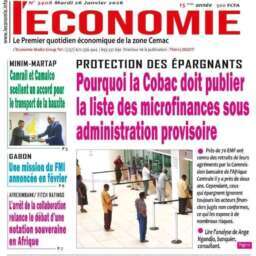(Business in Cameroon) – The National Social Insurance Fund, CNPS, has disbursed more than FCFA 6.4 billion across Cameroon under its special school reopening allowance, marking a record injection of cash into household consumption. The payments, which began on 5 October 2025, are part of CNPS’s drive to reinforce social protection through direct financial support to insured families. Each beneficiary receives FCFA 54,000 per child, equivalent to a year’s worth of family allowances.
According to data provided by the CNPS, 49,132 insured parents have already benefited, representing 119,664 children enrolled in school or vocational training. The overall payout of FCFA 6,461,856,000 was made primarily through mobile money transfers, ensuring swift and secure distribution nationwide. The digital platform, supported by the Sapelli Aina application, has enabled parents to submit school certificates and receive funds without physical queues at CNPS branches. The submission deadline was extended to 31 October 2025, to allow all eligible insured persons to benefit from the assistance.
“We Decided to Share Our Surplus with Families” – CNPS Director General
Speaking on the initiative, CNPS Director General, Noël Alain Olivier Mekulu Mvondo Akame said the decision was driven by the institution’s solid financial performance and a sense of social responsibility:
“In the history of our social security system, this is a first, granting such a direct allowance to parents. Given the very positive results we have achieved, we decided it was appropriate to share part of our cash surplus with our insured families,” he said adding that the measure reflects CNPS’s principle of solidarity.
The Director General further explained that to qualify, recipients must be CNPS-insured workers with valid social security contributions and at least one enrolled child. Verification of school certificates and apprenticeship attestations is carried out digitally to prevent fraud and ensure targeted delivery.
Beyond its immediate social purpose, the allowance is creating a multiplier effect on local consumption, as millions of francs circulate through the education supply chain, shops, and transport services. Parents have reported using the funds to buy school uniforms, supplies, and pay tuition fees, indirectly supporting small traders and service providers.
Analysts view the initiative as one of the largest social cash injections by a public institution in Cameroon’s history. With more payments continuing in phases, the CNPS scheme is expected to channel further liquidity into household spending, bolstering domestic demand during a period of high living costs.
Idriss Linge



































